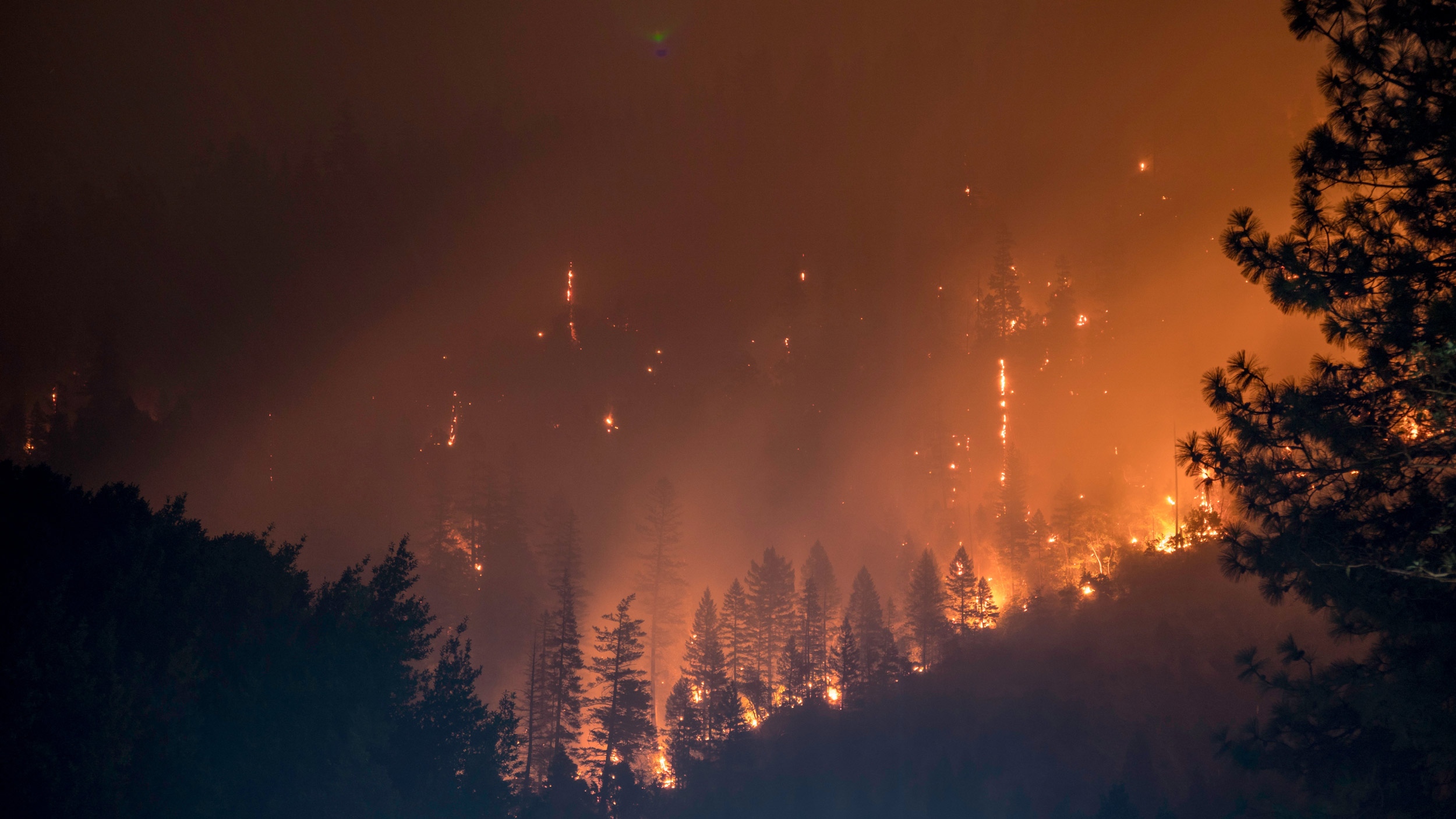Natural Disasters
NATURAL DISASTERS, also referred to as natural hazards are extreme, sudden events caused by environmental factors such as storms, floods, droughts, fires, and heatwaves. Natural disasters are now occurring with increasing severity, scope and impact. When we explore natural disasters in the context of Planetary Health, we are utilizing a systems-thinking approach to grasp the complexities and anthropogenic drivers relating a given disaster to causes and effects.
Globally, twice as many people were affected by natural disasters in the 1990s vs. in the 1980s, and global annual economic losses from extreme events increased 10-fold over the past four decades. Heat waves, droughts, fires, floods, tropical storms, and other natural disasters pose long-term health consequences. For example, particulate matter from fires reduces air quality and causes morbidity and mortality from cardiorespiratory disease; flooding can cause biological contamination of water supplies, displacement, and trauma; more intense coastal storms, combined with sea level rise and loss of coastal barrier systems (mangrove forests, vegetated dunes, coral reefs, and wetlands), generate a “triple threat” for inhabitants of low-lying coastal areas. Survivors of natural disasters face serious, yet poorly understood, physical and mental health impacts. It must be a priority to investigate trends in exposure to natural hazards, which populations are most vulnerable, and effective practices for reducing vulnerability.
L2: To relate the potential direct and indirect impacts of different disasters, assessing the different settings and scales in which they occur.
L3: To examine local, regional and global actions that perpetuate or exacerbate disasters and understand the facilitating policy framework.
L4: To recognize cross-disciplinary areas for research and innovation in disaster resilience, spanning across the traditionally environmental or medically-focused efforts.
(L2, L4) An NPR News report on 2011 Typhoon Haiyan in the Philippines and the relief efforts that were challenged by a subsequent tropical storm. Post-disaster health impacts including WASH impacts, dehydration, and delayed infections are explored.
→ Read the Report
→ Teaching Tools
Severe Drought in East Africa
(L1, L2, L3, L4) Africa is currently facing severe droughts and floods, food shortages, and increases in malaria due to climate change. This series of short case studies focus on Ethiopia and Rwanda and the work done by the Ethiopian and Rwandan Red Cross Societies to mitigate the impacts of floods and droughts on access to clean water and malaria cases in the two countries.
→ Read the Case Study
→ Teaching Tools
Climate Change and Health: An Interprofessional Response
This set of nine short slide decks that can be utilized to introduce the connection between climate change and health to health professionals. They are intended to be used by instructors and programs when teaching about the connection between climate and health in existing courses.
→ Slide deck
Extreme Weather and the Climate Crisis E-Book
In this e-book, the Climate Reality Project explains how extreme weather events are influenced by climate change and offers ways that you can get involved in the fight for solutions.
→ E-Book
Ecosystem Approaches to Health Teaching Manual
A teaching manual with sample modules and associated activities for teaching about health and environmental change produced by COPEH-Canada.
→ Español
→ Français
→ English
→ Read more
Climate Variability, Vulnerability, and Natural Disasters: A Study of Zika Virus in Manabi, Ecuador Following the 2016 Earthquake
This research article describes an emerging epidemic of Zika virus (ZIKV) in Ecuador following the 2016 earthquake, which coincided with an exceptionally strong El Niño event. Authors hypothesize that the trigger of a natural disaster during anomalous climate conditions and underlying social vulnerabilities were force multipliers contributing to a dramatic increase in ZIKV cases post-earthquake.
→ Read the Article
Climate Information for Public Health Action
With a focus on infectious disease, hydro-meteorological disasters and nutrition, the book explores why, when and how data on the historical, current and future (from days to decades) climate can be incorporated into health decision-making.
→ E-Book
Natural Disasters and Human Health in the Anthropocene
This is a sample syllabus for teaching about natural disasters in the context of Planetary Health for an undergraduate audience in a 10-week term. The course is open to all years and all majors or concentrations.
→ Syllabus
Earth's Processes as Natural Hazards, Fall 2015
Syllabus for an undergraduate course exploring the relationship between humans and Earth's processes at the University of Virginia.
→ Syllabus
Planetary Health Undergraduate Course, Spring 2017
Syllabus for a discussion based undergraduate course open to first through fourth-year students across all disciplines at Harvard University.
→ Syllabus
Natural Disasters and the Impacts on Health
A natural disaster is defined as an event of nature, which overwhelms local resources and threatens the function and safety of the community. Generally, disasters are the ultimate test of a community’s emergency response capability. A thoughtful and well-organized emergency strategy will be able...
→ Read the Report
Articles
